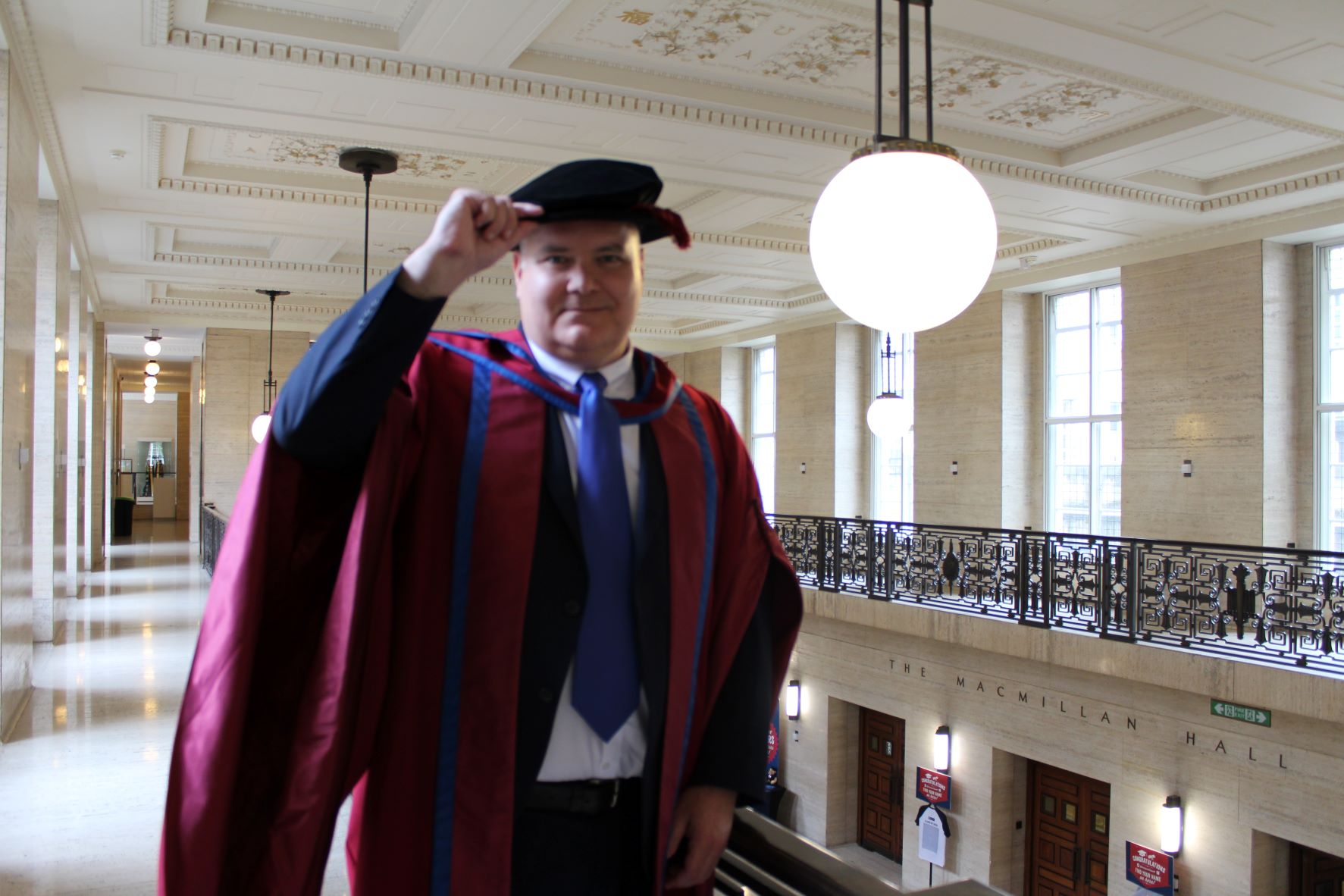Dr Silvia Blasi and Professor Silvia Rita Sedita shared insights from their research into B-Corps and the tendency towards de-certification in this Responsible Business Centre Seminar.

In response to the growing challenges of social and environmental issues, an increasing number of companies are looking to use business as a force for good to solve society’s big problems, not just for profit. B Lab, a not-for-profit organisation, has taken the lead in providing the necessary infrastructure for this shift.
However, as of April 2019, at least 930 registered B Corps were no longer certified on the B Lab database. What is the reason for this tendency towards de-certification, and what could be done to support businesses to improve their social and environmental impact?
On Tuesday 22 February 2022, Dr Silvia Blasi and Professor Silvia Rita Sedita joined Birkbeck’s Responsible Business Centre for a seminar on their latest research into this phenomenon. The paper discussed in this seminar is part of a project exploring B Corps funded by the University of Padova.
What is a B-Corp?
The B-Corp movement was launched in 2006 by B Lab, an American not-for-profit organisation, with the aim of creating an infrastructure for a new sector that would use the power of private enterprise to create public benefit.
The first 19 B Corps were certified in 2007 and the movement has rapidly gained momentum, with high-profile names such as Patagonia, Danone and Unilever becoming B-Corps. At the time of writing, there are now 3682 certified B Corps in over 70 countries and 150 industries.
The B Corps movement is accelerating a global shift to build a more inclusive and sustainable economy. Certification helps entrepreneurs to measure, capture and legitimise their social efforts (Woods, 2016). To obtain certification, an organisation must achieve a B impact assessment of 80 or more out of 200.
The growth of a movement
Since 2016, the number of companies that have used the B Impact assessment around the world has grown exponentially. During the COVID-19 pandemic, the number of B Corp certifications increased by 26%.
Dr Silvia Blasi noted that a rise in the number of B Corps has corresponded with increased scientific outputs in this field. A recent paper by the presenters conducts a literature review in this area and provides a clear-cut academic explanation of B-Corps.
Why is there a tendency towards decertification for B Corps?
Despite promising statistics showing the rise in new B Corp certifications, Silvia highlighted that in 2019, 930 B Corps were no longer certified. Her research aims to explore the reasons behind decertification.
Although there are no studies to date which explore decertification specifically, an analysis of the literature points to three main causes of decertification:
- Financial problems – there is a high cost associated with (re)certification that poses a barrier to organisations.
- Low economic benefits – organisations that do not see an increase in income as a result of certification are more likely to decertify in the future.
- Perceived complexity of the certification process – perceptions of the certification process as a barrier and uncertainty about future requirements are a key factor behind decertification.
The presenters identified three further factors to explore that could impact on likelihood to decertify:
- Size – small and medium-sized enterprises are at higher risk of decertification than larger companies. This could be due to limited resource and legitimacy challenges faced by smaller and younger firms.
- Sustainability performance – research to date suggests that sustainability performance does not impact whether an organisation will become decertified.
- Financial performance – Cao, Gehman and Grimes (2017) underline that de-certified companies have lower average sales compared to certified B Corps.
The study so far
Silvia shared insights from the presenters’ work-in-progress research paper exploring the reasons for decertification.
The research aimed to answer two questions:
- In comparison with currently certified B Corps, what are the main features of companies that did not maintain their B Corp certification?
- Are there any relationships between their decertification decision with their financial performance and sustainability performance?
The study sample comprised 1,272 companies, whose data was gathered from B Lab impact data and financial data from Orbis. Logistical regression analyses were used to assess the relationship between social, environmental and financial performance outcomes and B Corp decertification status.
The researchers found a theoretical assertion that B Corp decertification is susceptible to company size, with SMEs being particularly vulnerable. Organisations from Global South or developing economies also had a higher likelihood of decertification. In contrast, companies with higher operating revenue and strong governance had a weaker tendency towards decertification.
Company sector, community and location were not significant.
Silvia emphasised the importance of governance and workers as factors which have a significant role in shaping the probability of decertification, as these give priority to strategies and practices that benefit internal stakeholders. Inward investments in sustainability performance play a critical role in influencing the company’s decision to continue pursuing B Corp certification or not.
What are the implications for policy?
The findings of the study can help to identify signals of potential decertification so that certifying bodies can modify policies and processes to reduce decertification rates and companies can adopt new strategies and practices to retain certified status.
Supporting policies or company strategies could begin with boosting inward investment related to corporate governance, employee benefits, work environment etc. to ensure a solid basis for improving overall sustainability performance.
We would like to thank Dr Blasi and Professor Sedita for an insightful and thought-provoking discussion.
Further Information




